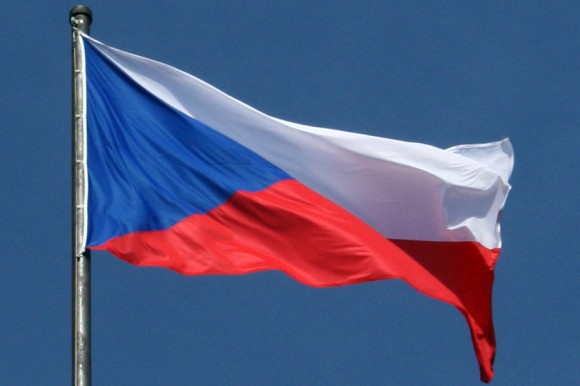The annual presentation by APA, the Association of Czech Producers (www.asociaceproducentu.cz), held during the Karlovy Vary IFF (www.kviff.cz) led off with news that the share of Czech films at the local box office, which fell to 21 percent in 2012, was unlikely to improve in 2013. The Czech Republic was once the envy of Europe, with audience share for domestic films (reaching nearly 40 percent at its height) bested only by France. The top two Czech films are attracting admissions of around 500,000, compared to double that number one year earlier.
Pavel Strnad, producer at Negativ (www.negativ.cz), told FNE that the Czech Film Act, which was passed in December 2012 and enacted in January 2013, is expecting to receive approval from the EU within days or weeks. It is uncertain how long it will take the Czech government to then give its approval which is necessary before funds can be released. Czech film producers have, in effect, been unable to access state funding for the past six months, which has put a hold on all new film production. The recent shake-up in the Czech government is not expected to further delay distribution of funds.
A bright spot has been the introduction of a new independent production department distributing funds at public broadcaster Czech TV (www.ceskatelevize.cz). That is now reflected in composition the APA, with TV producers now having a more prominent position. Czech TV and APA will also jointly host a stand at the next Cannes IFF.
Producers involved in foreign coproductions and film services are concerned over the recent news (as reported by FNE on 24 June 2013) that film incentives would come in at only 7 percent this year, rather than the 20 percent that producers were expecting, due to a change in the system of distributing funds.
“Many foreign productions are considering whether they will stay in the Czech Republic,” APA president Radomir Docekal said. “If we don’t resolve this, there’s a danger that the Czech Republic will not attract any new projects.”
APA also released its annual report on film spend in the Czech Republic. Money spent on film production has risen by less than 10 percent annually for the last two years, despite the introduction of film incentives, with spend on foreign film production, 1.56 bn CZK in 2012 (which is typically the only source of investment in the film industry) at less than one-third of its record ten years ago, 5 bn CZK. Czech film production, by contrast, was in a better position in 2012, at 729 m CZK, near its all-time high of 880 m CZK in 2008, and well over the 243 m CZK spend ten years ago. Advertising spend has been relatively stable, but is currently showing a slight decline. The introduction of film incentives, especially in Hungary in 2004, was responsible for the largest drop in film production spend in the Czech Republic.




















